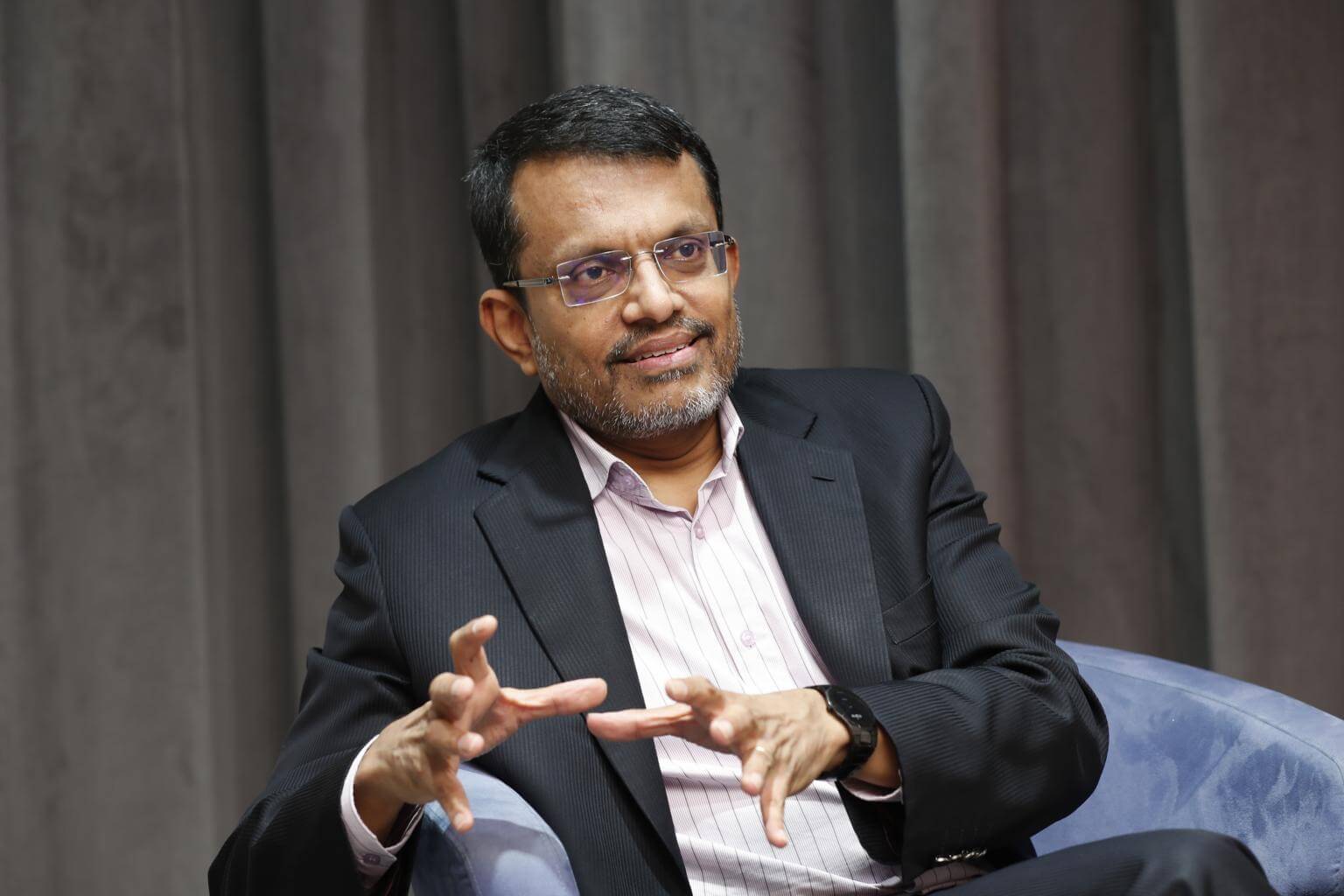Singapore FinTech Festival 2018
MAS to shelve 'know-your-customer' project due to high costs, work on SME innovation platform: Ravi Menon
Sign up now: Get ST's newsletters delivered to your inbox

Ultimately, the know-your customer utility would cost more than the savings that banks would get out of it.
PHOTO: THE BUSINESS TIMES
SINGAPORE - The Monetary Authority of Singapore (MAS) will "take a pause" on its proposed centralised know-your-customer (KYC) utility experiment due to the unexpected high costs of the project.
The KYC utility was meant to be a shared service among banks, to make it easier for financial institutions to get customer verification done in a more seamless way.
"The economics did not work out: our proposed solution was going to cost more than the savings that banks would be going to get out of it," said MAS managing director Ravi Menon in a speech at the Singapore FinTech Festival 2018 on Monday (Nov 12). He said that the corporate KYC verification is far more complex than that for personal KYC verification.
"We tried, we failed, we will learn, and we will do better next time," said Mr Menon, adding that Singapore should be "open" about its setbacks in the spirit of innovation and enterpreneurship.
The MAS will now work to facilitate financial institutions' credit assessment of small-and-medium enterprises (SMEs) using trusted government data. It will also work with other government authorities to create a cross-border innovation platform for SMEs. To be known as Business sans Borders, it will enable SMEs to connect a global services marketplace. The project will begin with a proof-of-concept next year.
The central bank will work as well with the Bank of Canada to link their respective blockchain platforms to explore the possibility of instant, round-the-clock, settlement of cross-border payments transactions.
Amid the attention on the greater use of artificial intelligence (AI), the central bank will also on Monday release a set of principles developed to guide responsible use of data in financial services. The guidelines - said to be first of its kind in the world - are meant to steer responsible use of AI and data analytics.
"We cannot hide behind the black box," said Mr Menon, adding that people are responsible for data-driven decisions, and should ensure that the decisions are ethical and free from bias.
Meanwhile, the MAS has called for greater data connectivity, with Mr Menon warning that a good part of data localisation is due to "misguided notions of cybersecurity or data privacy, or worse still, old-fashioned protectionism".
"We need common data standards across countries so that data can move freely in the environment of trust and security," said Mr Menon. "In the digital economy of the future, data connectivity agreements among countries will become as important as today's free trade agreements."
Mr Menon said it is the "top priority" to build talent in Singapore, noting that the shortage of tech skillset is a global phenomenon. While the MAS will continue to welcome foreign talent to raise the game here, the financial institutions here will re-skill their staff, while schools will adapt their curriculum to ensure students are ready for the future of jobs.


